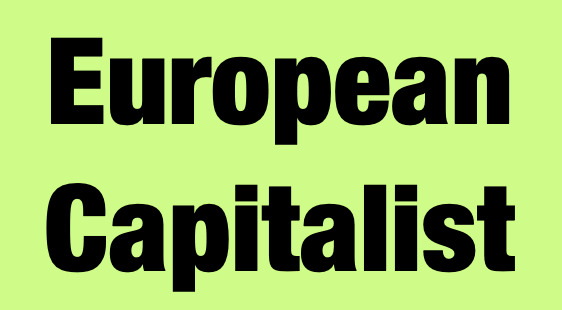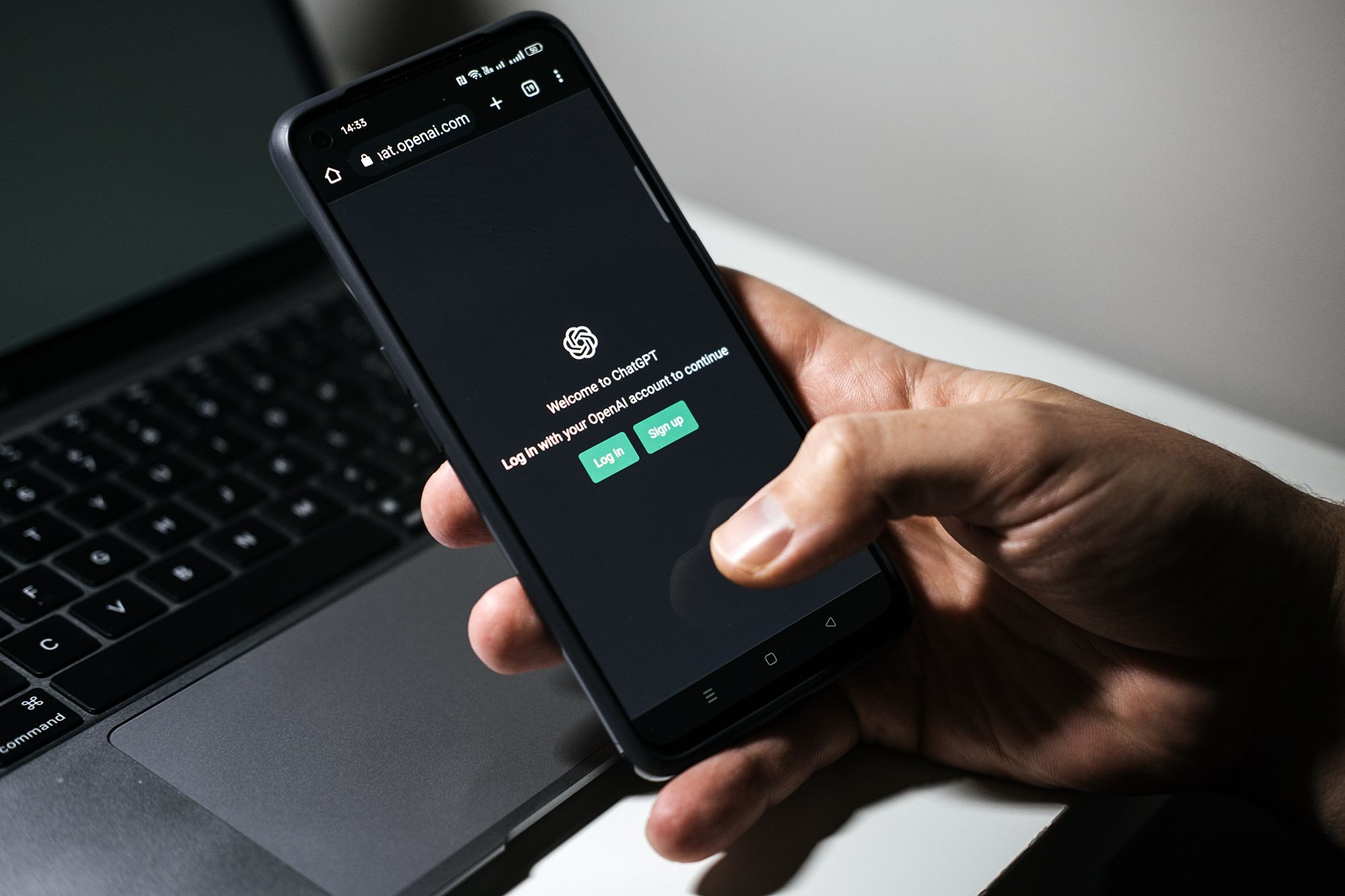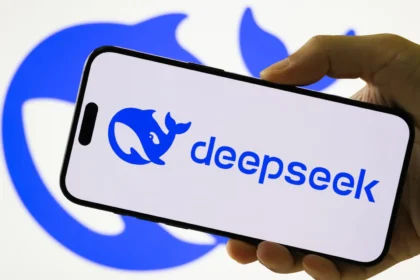In a landmark move to integrate artificial intelligence into public services, OpenAI has announced a special offer for US government workers, granting access to ChatGPT for just $1 per year. The initiative aims to support government employees with AI tools that can streamline workflows, improve productivity, and enhance public service delivery.
The program, unveiled this week, is designed to make AI accessible to federal, state, and local government employees, allowing them to leverage ChatGPT’s capabilities in administrative tasks, research, drafting, and communications. By pricing the service symbolically at $1 annually, OpenAI signals its commitment to fostering AI adoption within critical public sectors.
“We believe AI should serve the public good,” said an OpenAI spokesperson. “Offering ChatGPT to government employees at such an accessible rate underscores our goal of empowering workers with tools that can help them focus on higher-value tasks and better serve citizens.”
Why It Matters
This unprecedented offer comes at a time when governments worldwide are looking to embrace digital transformation and automation. For the US, integrating AI into its workforce could:
- Reduce bureaucratic inefficiencies by automating repetitive tasks.
- Accelerate policy and research workflows with AI-driven insights.
- Support citizen services through faster, AI-assisted responses.
The initiative is also a strategic move for OpenAI to expand its institutional footprint, positioning ChatGPT as a standard tool within the American government’s day-to-day operations.
A New Era of AI in Public Service
By offering ChatGPT for $1 per year, OpenAI is paving the way for widespread AI adoption across public offices, potentially reshaping how government functions and interacts with citizens. The rollout is expected to begin later this year, with pilot programs targeting key agencies before expanding nationwide.
If successful, this program could set a precedent for AI-assisted governance, where human expertise is augmented by cutting-edge technology to create more efficient, responsive, and modern public services.







